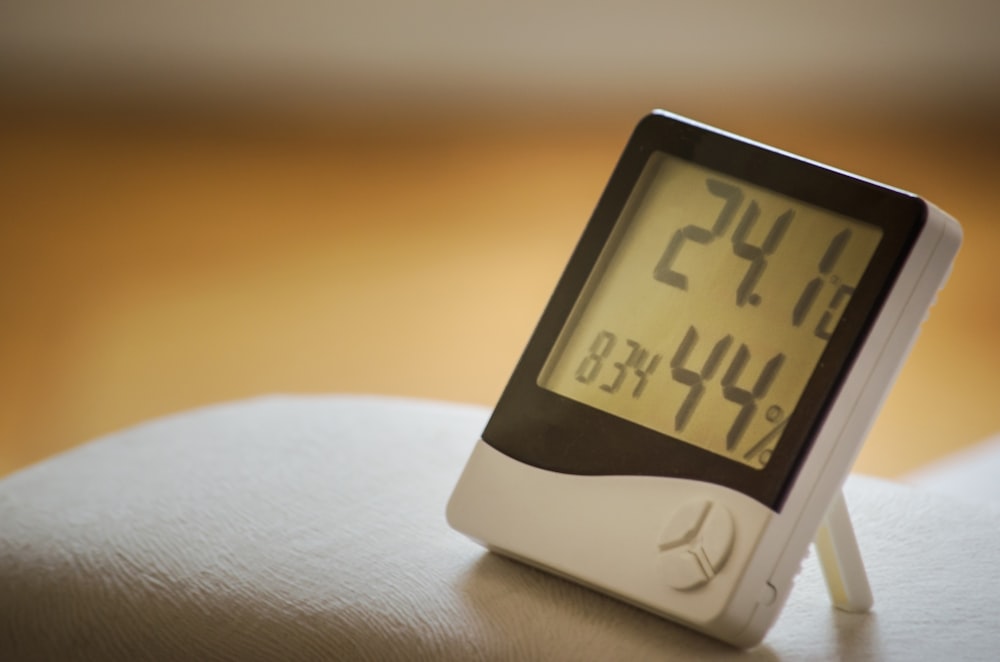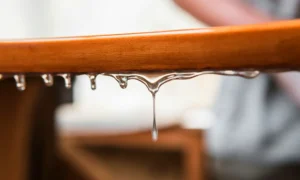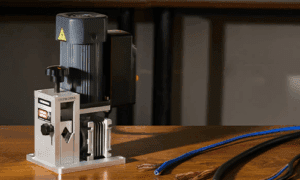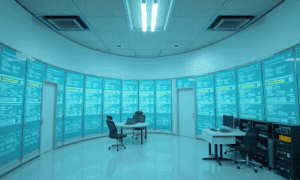In the realm of modern innovation, dehumidifiers may not immediately come to mind as a groundbreaking technology. However, these devices, designed to remove excess moisture from the air, have undergone significant technological advancements that have expanded their influence across various industries.
From residential settings to industrial applications, dehumidifiers play a crucial role in maintaining optimal conditions, preserving materials, and ensuring the health and safety of environments. This blog post delves into the technological advancements in dehumidifiers and their impact across different sectors.
Essential Tools for Optimal Manufacturing Environments
Industrial dehumidifiers are critical in maintaining optimal conditions within manufacturing environments. These advanced machines regulate humidity levels, preventing moisture-related issues such as corrosion, mold growth, and equipment malfunctions. In sectors like electronics and pharmaceuticals, where precise environmental control is paramount, an industrial dehumidifier ensures product quality and operational efficiency. They are equipped with robust technology to handle large-scale operations, providing consistent and reliable performance. By safeguarding sensitive materials and processes, industrial dehumidifiers contribute to improved product longevity, reduced downtime, and enhanced overall productivity, making them indispensable in modern manufacturing.
The Evolution of Dehumidifier Technology
Dehumidifiers have come a long way since their inception. Early models were rudimentary, focusing on basic moisture removal. Today, technological innovations have revolutionized these devices, enhancing their efficiency, functionality, and applicability.
Smart Dehumidifiers
One of the most notable advancements is the integration of smart technology. Modern dehumidifiers are equipped with sensors and connectivity features that allow for remote monitoring and control. Through smartphone apps, users can adjust settings, receive maintenance alerts, and monitor humidity levels in real-time. This level of control is particularly beneficial in environments where maintaining precise humidity levels is critical, such as in museums or data centers.
Energy Efficiency
Energy consumption is a significant consideration in dehumidifier design. Innovations in compressor technology, refrigeration cycles, and materials have led to more energy-efficient models. Some dehumidifiers now utilize thermoelectric cooling, which is more energy-efficient for smaller spaces. Additionally, features like programmable timers and auto-shutoff functions reduce unnecessary energy use, making these devices more environmentally friendly and cost-effective.
Advanced Filtration Systems
Modern dehumidifiers often come with advanced filtration systems that do more than just remove moisture. HEPA (High-Efficiency Particulate Air) filters, activated carbon filters, and antibacterial filters help purify the air by trapping allergens, bacteria, and other harmful particles. This is especially important in healthcare settings and residential environments where air quality is a priority.
Impact Across Industries
The technological advancements in dehumidifiers have extended their influence across various industries, each benefiting uniquely from these innovations.
Healthcare
In the healthcare industry, maintaining a controlled environment is crucial for patient care and the preservation of medical supplies. Dehumidifiers with precise humidity control and advanced filtration systems are essential in hospitals and clinics. They help prevent the growth of mold and bacteria, ensuring sterile conditions necessary for surgeries and patient recovery areas. Additionally, they play a role in preserving the integrity of pharmaceuticals and medical equipment, which can be compromised by excessive moisture.
Agriculture and Food Processing
Agriculture and food processing industries rely heavily on dehumidifiers to ensure product quality and safety. In agriculture, controlling humidity levels in storage facilities prevents mold growth and spoilage of crops. Advanced dehumidifiers help maintain the freshness of produce and extend shelf life. In food processing, these devices are crucial in environments where moisture can lead to contamination and affect the quality of food products. Dehumidifiers with precise control mechanisms ensure that production areas meet stringent hygiene standards.
Manufacturing
Manufacturing environments often require strict control of humidity levels to ensure the quality of products and the efficiency of processes. In industries such as electronics manufacturing, excessive moisture can damage sensitive components and lead to product failure. Dehumidifiers help maintain optimal conditions, ensuring the reliability of electronic devices. In textile manufacturing, controlling humidity is vital to prevent static electricity and maintain the integrity of fabrics. Advanced dehumidifiers support these industries by providing consistent and reliable humidity control.
Museums and Archives
Museums and archives house invaluable artifacts and documents that are highly sensitive to environmental conditions. Fluctuations in humidity can cause irreversible damage to historical items, leading to deterioration and loss of cultural heritage. Dehumidifiers with advanced monitoring and control capabilities ensure that these environments remain stable, protecting these precious collections. The integration of smart technology allows for real-time monitoring and adjustments, ensuring that even slight changes in humidity are promptly addressed.
Residential Use
In residential settings, dehumidifiers contribute to healthier living environments. Excess humidity in homes can lead to mold growth, which poses health risks such as respiratory issues and allergies. Modern dehumidifiers equipped with air purifying filters improve indoor air quality by removing moisture and trapping pollutants. Smart dehumidifiers provide convenience and peace of mind by allowing homeowners to monitor and control humidity levels remotely. This is particularly beneficial for individuals with asthma or allergies, as maintaining optimal humidity levels can alleviate symptoms.
Dehumidifiers, once simple moisture control devices, have evolved into sophisticated tools with wide-ranging applications across industries. Technological advancements have significantly enhanced their efficiency, functionality, and impact. From healthcare and agriculture to manufacturing and residential use, dehumidifiers play a crucial role in maintaining optimal conditions and ensuring the quality, safety, and preservation of various environments and products.
As we look to the future, the integration of IoT, AI, and sustainable practices promises to further elevate the capabilities of dehumidifiers. These innovations will not only improve their performance but also expand their influence across new and existing sectors. Dehumidifiers are a testament to how technology can transform even the most seemingly mundane devices into indispensable assets across industries, contributing to better living and working environments worldwide.




































